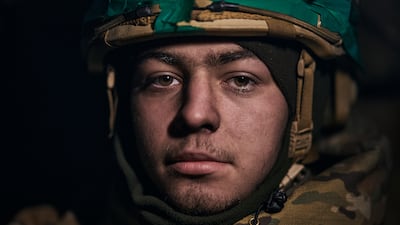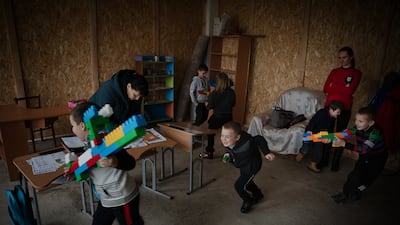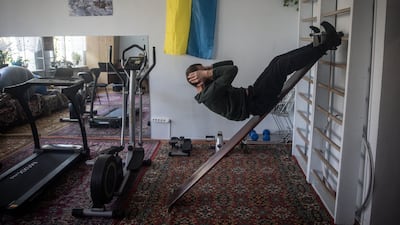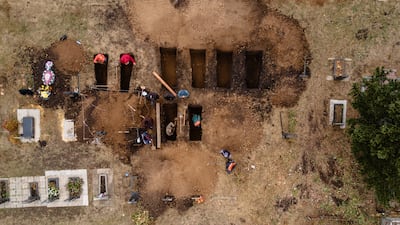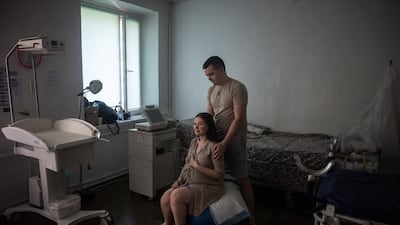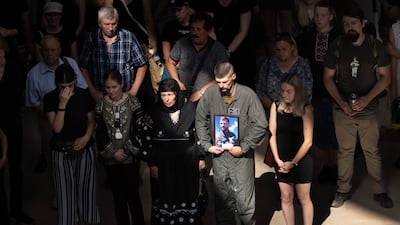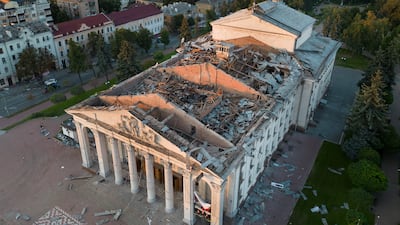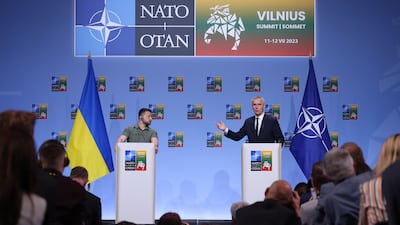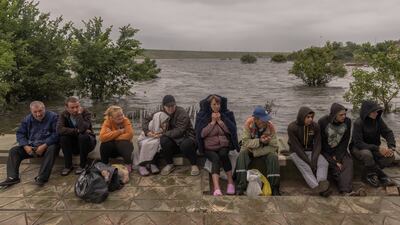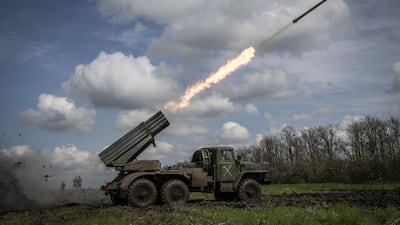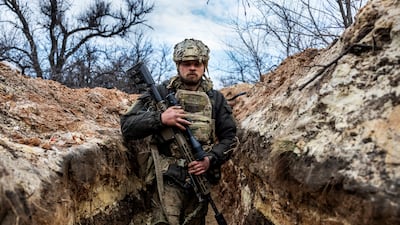“We are not at war with Russia,” Italian Foreign Minister Antonio Tajani said earlier this week. Assuming Mr Tajani was speaking on behalf not only of Italy but Nato as a whole, that was a relief – but only temporarily. For there has been such an alarming escalation both in words and revelations in the past few days that it is beginning to look as though the military alliance is sliding inexorably towards all-out conflict with Russia.
Mr Tajani was responding to statements made by French President Emmanuel Macron after he hosted a conference of western leaders to rally support for Ukraine on Monday. There was “no consensus” about sending ground troops to Ukraine, said Mr Macron, but “nothing should be ruled out. We will do whatever it takes to ensure that Russia cannot win this war”.
Slovak Prime Minister Robert Fico confirmed that this had been discussed. “There are countries that are ready to send their own soldiers to Ukraine, there are countries that say never – Slovakia is among them – and there are countries that say that this proposal should be considered,” he said.
The US and Germany were among states who then hurriedly reiterated that they would not be putting boots on the ground in Ukraine, but the very fact that it was discussed on Monday and that Mr Macron has explicitly not ruled it out is a huge shift, and a very unwelcome one to all those horrified by the prospect of a wholly unnecessary shooting war between Nato and Russia.
Mr Macron’s words came only one day after a report in The New York Times laid bare just how much short of actually firing on Russian forces the US has been doing to support Ukraine and the anti-Kremlin leadership that took power after the Maidan Revolution of 2014.
Not only have they built 12 spy bases along the border with Russia and trained and equipped legions of special forces, CIA officers in Ukraine played such an important role in relaying intelligence during the invasion in 2022 that a former Ukrainian intelligence chief told the paper that “without them, there would have been no way for us to resist the Russians”, and, according to the report, “the Biden White House authorised spy agencies to provide intelligence support for lethal operations against Russian forces on Ukrainian soil”.
This is information that would normally have been kept secret. It has not been leaked. It has clearly been deliberately briefed, presumably in part to put pressure on Republicans in the US Congress who are not keen to vote for another $60 billion in aid to Ukraine. The message is: this is already America’s war – so you had better make sure you continue to fund it. At the same time, although most of this will not be news to Moscow, to reveal this so publicly is a huge provocation on the part of the US. As the Ukrainian intelligence official put it: “Are [the CIA] pulling triggers? No. Are they helping with targeting? Absolutely.”
Nato states have been strenuously maintaining that they are not at war with Russia. If I was a Russian, and I read this report, I’m not sure I’d agree.
The former US Department of Defence official Stephen Bryen also claims that there are so many “volunteers” – divided into technically trained weapons operators, intelligence and tactical advisers and frontline fighters – from Nato countries currently in Ukraine that it “is making it difficult for Nato states to maintain plausible deniability. While the Nato countries say they oppose sending troops, a case can be made they have already done so”.

This is mission creep on steroids, and it ought to be exceptionally worrying. Mr Macron conceded the depth of the change when he said that “people used to say give them just sleeping bags and helmets”, as there was, initially, prudent concern over supplying high-grade war supplies to Ukraine that could be used against Russian armed forces. Back in 2022, Mr Macron also took a more moderate line, saying: “We must not humiliate Russia so that the day when the fighting stops we can build an exit ramp through diplomatic means.”
But now all sense of restraint seems to have been lost, as does Nato’s remembrance of the fact that it is supposed to be a defensive alliance, and that Ukraine is not a member.
The prospect that Mr Macron seems to be edging towards – and not him alone, according to Slovakia’s Mr Fico – could not be more serious. It is, as former French presidential candidate Marine Le Pen put it, “taking a further step towards belligerence, posing an existential risk to 70 million French people”. That is no exaggeration. Kremlin spokesman Dmitry Peskov warned that if Nato troops were sent to Ukraine, we would need to talk not of the “probability” but the “inevitability” of conflict.
Are Mr Macron and other leaders prepared to make Paris, London and other European cities targets? Has anyone thought of consulting the peoples of Nato states? And what of Russia itself? Or have Russians been so thoroughly demonised that the West does not care if the grand boulevard of Nevsky Prospekt or the glories of the Hermitage Museum in Saint Petersburg are wrecked in the catastrophe that war between Nato and Russia, both nuclear-armed, would be?
I cannot think that anyone who has spent any time in that country or who has any respect for its people’s vast contributions in the fields of art, music, literature, science and philosophy (to name a few) could so blithely contemplate a path that could spiral to a head-on clash between Nato and Russia.
There is no doubt that the invasion has wrought terrible devastation on Ukraine. But that is another matter, and one that requires urgent diplomacy. The question now is why a Nato that was so cautious – rightly so, in my opinion – in early 2022, is now so far down the slippery slope that it may arguably already have provided Moscow with a casus belli, while Mr Macron refuses to rule out a further move that no country in Russia’s position could fail to see as a declaration of war.
Such a conflagration was the stuff of nightmares for the generations who grew up in the 1960s, 70s and 80s. It should remain unthinkable today.


